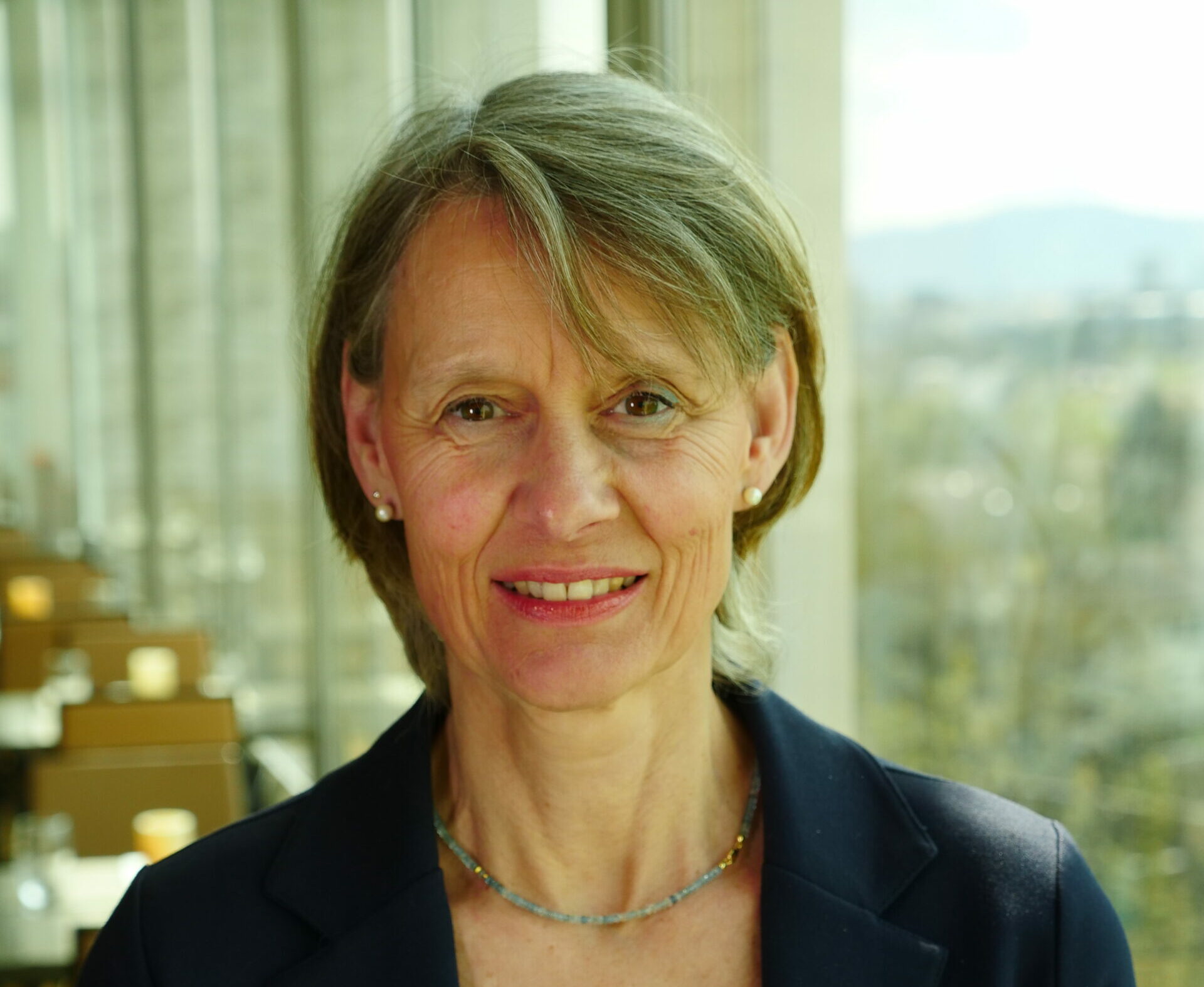As ERS Advocacy Council Chair, what are you most looking forward to about this year’s ERS Congress?
What I am looking forward to most is the personal exchange that the congress enables: talking to colleagues and friends, getting to know new people who bring in interesting viewpoints and new aspects, learning from each other, and of course cherishing good times together. So it is the engagement with each other that I am looking forward to most.
How important is the theme of this year’s Congress – ‘Respiratory health around the globe’?
This year’s theme is very important, I think, and also very well suited to describe the situation and the challenges we are facing more than ever. It stresses connectedness – essentially we are all in the same boat, as diseases are changing their geographical patterns. As Chair of Advocacy in ERS, I really believe that we need to think globally and tailor the way we practice prevention and medical care to the changing environments. Of course, thinking globally should not deter us from acting locally and nationally.
Action and change starts in front of our doorsteps. But often, local and national solutions here can be examples for other areas of the world and we can learn from each other.
What will be the hot topics to look out for at this year’s Congress? Within those topics/areas, are there any specific sessions that you are looking forward to most?
I always look forward to the opening session and this year it will be a personal highlight for me, when Kristie Ebi from the University of Washington will speak about the challenges that climate change has in store for respiratory health. I think we will learn a lot about the diverse ways that climate change will impact our field and what is happening around the world to create solutions for more sustainability and to mitigate the adverse consequences.
A sad highlight of this conference will be the discussions about threats to science and to respiratory health, including censorship and retraction of funding, misinformation and disinformation, and how institutions with vested interests are trying to systematically undermine trust in high quality science.
Sunday 28 September will feature several sessions on these very current topics, including also discussions on how to stand up to these challenges and ways to move forward:
10:15 CEST Hot topic “Fighting global threats to respiratory health”
14:45 CEST Experts interview “Identifying global threats to science”
15:15 CEST Experts interview “Tackling science threats: the way forward”
In line with the newly developed ERS strategy and its focus on prevention, I am specifically looking forward to the Wednesday morning session on primary prevention (09:15–11:45 CEST, 1 October).
As our healthcare systems are increasingly burdened, we need to turn our attention to preventing the diseases which cause so much suffering to patients and their families. And in fact, for many diseases we know quite well how to reduce risks. So it will be interesting to learn from and discuss concrete examples of what can be done and how we can improve our actions. I hope we will get some very practical advice about how we, as the representatives of the healthcare sector, can actually engage to further the idea of primary prevention throughout the healthcare sector and in society and policy making.
What will be the key sessions for epidemiologists at this year’s Congress?
As an epidemiologist, and an environmental epidemiologist specialising in air pollution, I am very interested in the session “From home to work: the urgent need for safe indoor air” (09:00–09:45 CEST, Saturday 27 September)
Also on Saturday morning, there is a session on “Global threat to respiratory health” (11:15–12:45 CEST, 27 September) – taking place in part two of the Forum on primary and integrated respiratory care. This includes a talk on how patients think about the effects of the environment on health and how family doctors can contribute to mitigating air pollution effects in patients with respiratory disease.
Another one of my picks is the hot topic session on Tuesday morning about “Challenges in environmental childhood respiratory health around the globe” (08:30–10:00 CEST, 30 September), where we will hear about how climate change and air pollution affect respiratory health in children and learn about AI-methods to better understand health impacts.
Finally, we can hear about latest evidence on micro- and nanoplastics, livestock exposure, housing characteristics, and cleaning products on lung health in the session “Impact of occupational and environmental exposures on public lung health” on Tuesday afternoon (15:45–17:00 CEST, 30 September) – all extremely relevant as they are all potentially modifiable risk factors.
Which emerging research or innovation presented in this year’s programme holds the greatest promise for improving the daily lives of patients?
I will reverse the question: which innovation has detrimental effects on lung health and will make daily lives of patients more difficult: These are in my view vapes and e-cigarettes.
They are a congenial invention by the tobacco industry with long-term consequences for taking up bad habits. Several sessions are addressing this rising problem.

 ERS Respiratory Channel
ERS Respiratory Channel
 ERS Respiratory Channel
ERS Respiratory Channel



